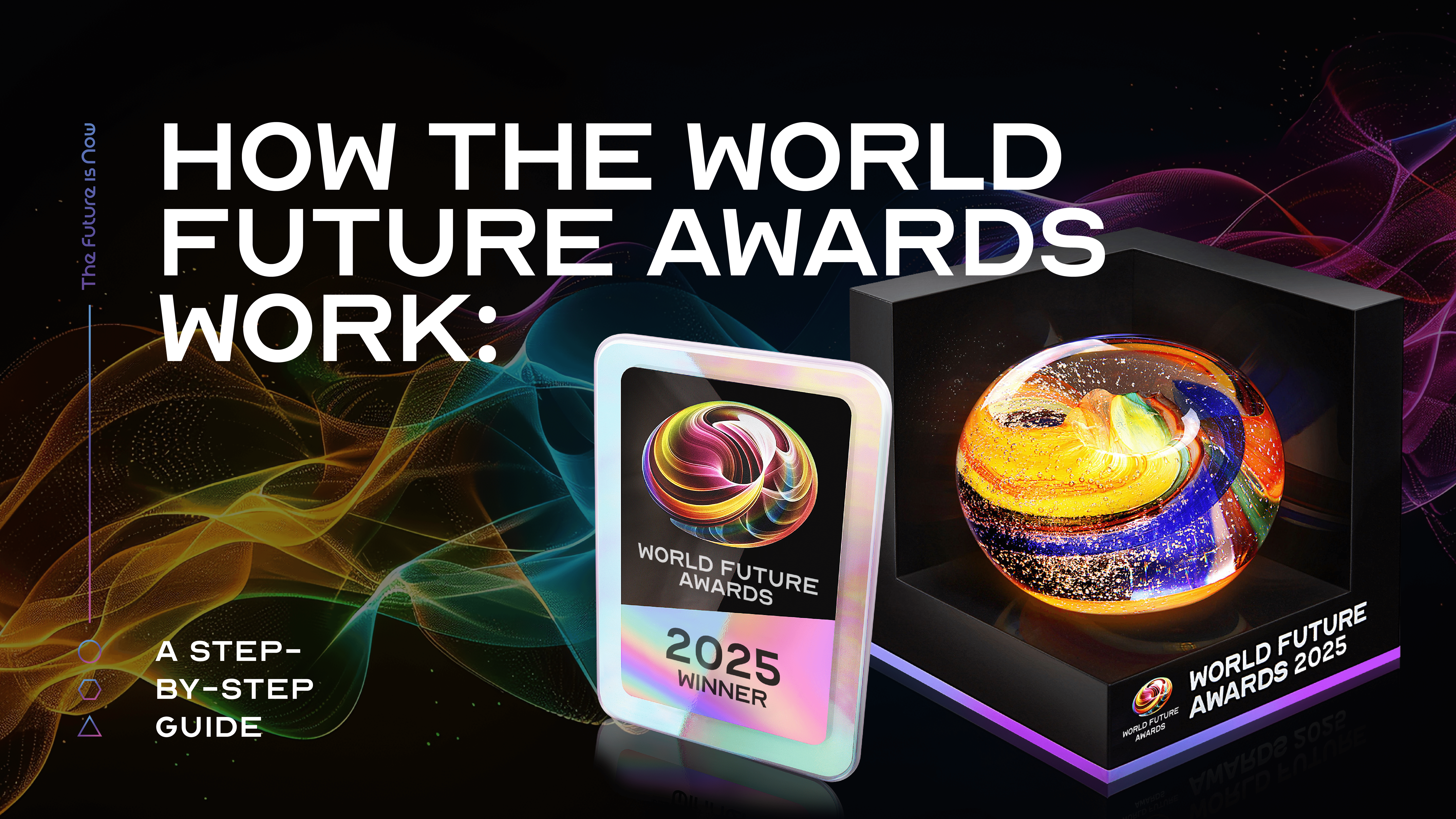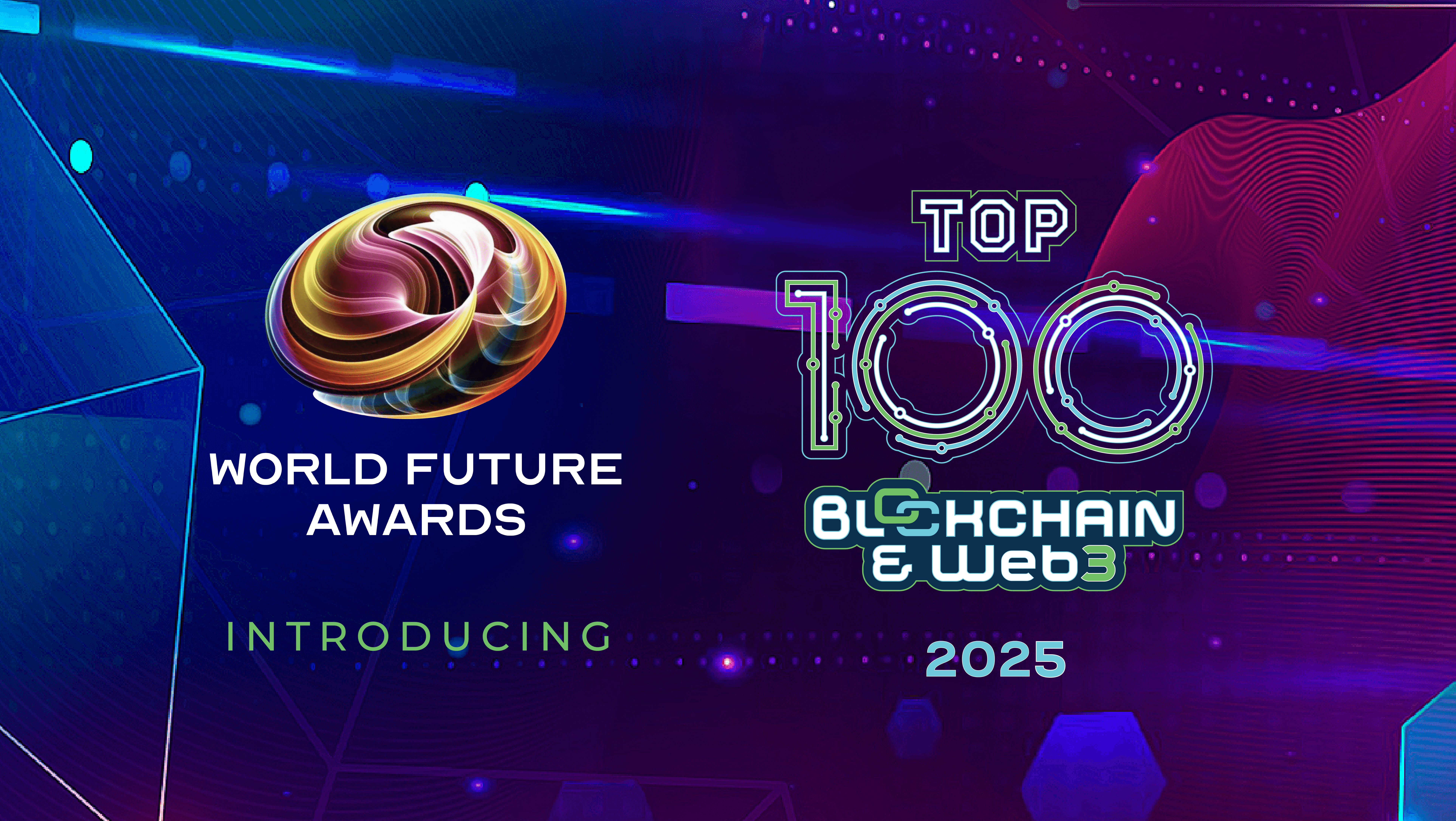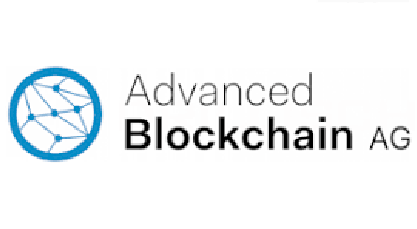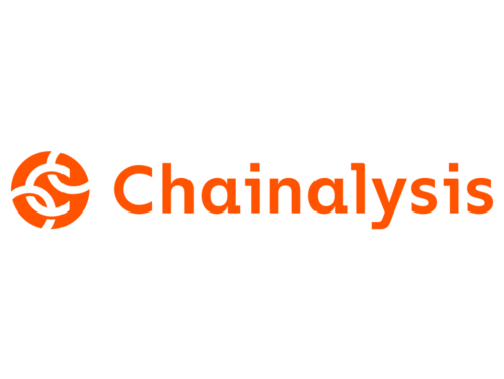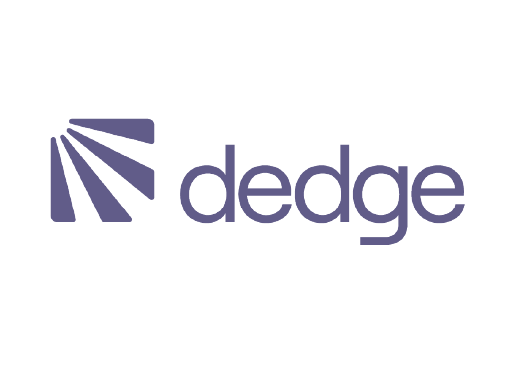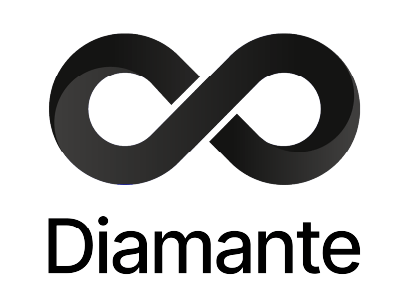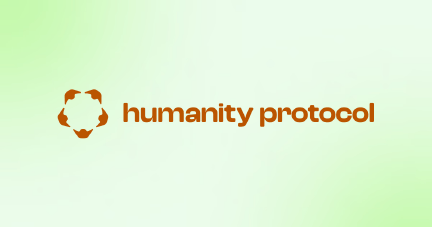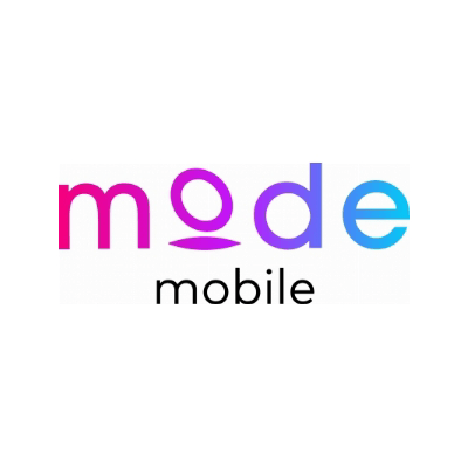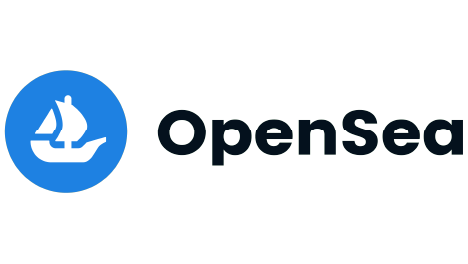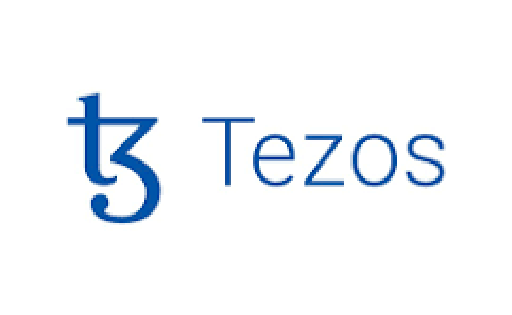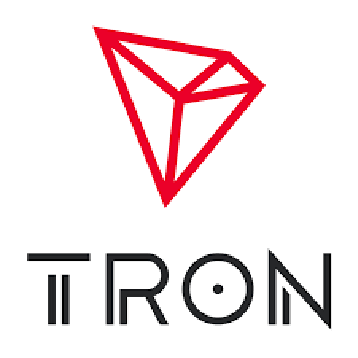Innovation shapes the future, but recognizing it requires a process that’s both precise and transparent. The World Future Awards (WFA) has designed a clear pathway to spotlight pioneering products and services that have the potential to make a real difference. From initial nominations to tailored promotion for winners, the process is structured into four key stages: Nominations, Winner Selection, Winners Announcement, and Winner Promotion.
Nominations: Finding the Best Innovators
The first stage of the WFA process focuses on identifying standout products and services that can positively impact society. Nominations are either made by the WFA selection board or submitted directly by companies through the “Apply Now” form. The awards team conducts extensive industry research to identify innovations with significant potential.
Actionable Insight: Companies aiming for recognition should ensure their applications clearly demonstrate the societal benefits and practical applications of their innovation.
Winner Selection: A Rigorous Evaluation
Once nominations are submitted, WFA’s research team evaluates each candidate using a combination of nominee-provided information and publicly available data. Sources include press coverage, social media, market research reports, expert commentary, and online databases.
Winners Announcement: Recognition in the Digital Space
WFA winners are revealed online through the official WFA website, social media channels, and media partner platforms. The awards program has chosen a fully digital approach, foregoing traditional offline ceremonies. This ensures that announcements are widely accessible and can reach a global audience quickly.
Actionable Insight: Companies should plan their own digital campaigns around the announcement to maximize visibility and capitalize on the attention generated by WFA recognition.
Winner Promotion: Amplifying Success
Winning the WFA comes with tailored advertising and promotional support, depending on the chosen promotion package. The WFA team assists with marketing materials, press releases, and product or service reviews across WFA platforms and leading specialist media. Winners also gain automatic eligibility to participate in the following year’s nomination cycle, creating an ongoing cycle of visibility and recognition.
Actionable Insight: Collaborate closely with PR experts to leverage promotional opportunities, ensuring your innovation reaches the right audience and gains maximum credibility.
Research and Selection Method: Transparency Matters
WFA emphasizes transparency and credibility by conducting online market research using publicly available data. Their teams assess innovations against industry-specific criteria and publicly verifiable information. This ensures that every winner is chosen based on clear, factual evidence rather than subjective opinions.
Actionable Insight: Maintain accurate, up-to-date public records and media coverage of your innovation, as these will be critical in the WFA’s evaluation process.
Selection Criteria
Each winner is determined through thorough category- and region-based research using the following criteria:
- Emotional Quotient (EQ): Ability of a product or service to bring satisfaction or pleasure along with practical benefits.
- Innovation: Solutions that not only address existing problems but open up new fields and markets. Consideration is given to the entire innovation process, from concept to implementation.
- Value: Evidence of uniqueness, advantages over alternatives, and economic profitability.
- Timeliness: The product or service should be no more than five years old and having proven it meets evaluation criteria.
- Delivery: Effective communication of innovation, consumer engagement, market introduction, and validation of its value proposition.
- Quality: Potential to improve the quality of life for individuals and society over the long term.
- Impact: Contribution to society and the environment, and the potential to inspire new ideas or products.
The WFA spotlights the ideas that could transform tomorrow. By navigating its structured process, companies have the chance to turn breakthrough concepts into global recognition, amplifying their impact and leaving a lasting mark on the future.
Apply for recognition today and amplify your impact on tomorrow: https://worldfutureawards.com/apply-now/


